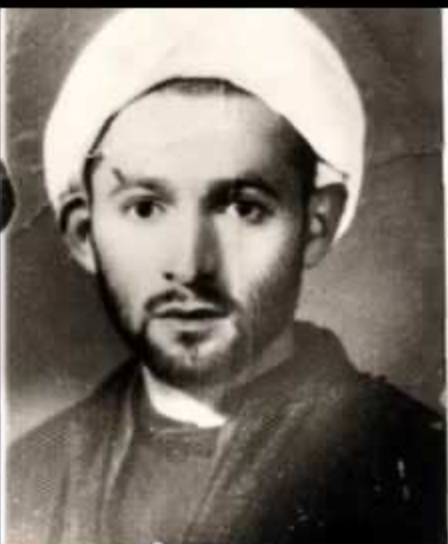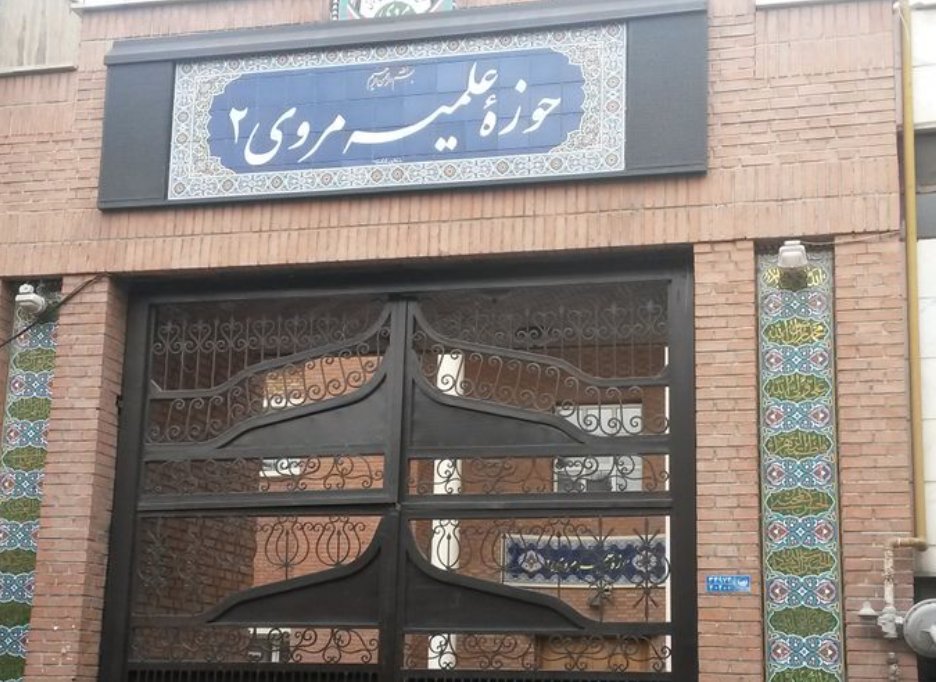I picked up this book at the Sophia Bookstore (مكتبة صوفية) in #Kuwait a few months ago - an excellent bookshop btw with knowledgable staff especially on #philosophy - short thread on #Foucault and #contemporary_philosophy 1/ 

The author Zouaoui Beghoura (الزواوي بغوره) is an Algerian Professor of philosophy at Kuwait University where he has taught since 2002 and is a leading specialist on Michel #Foucault (1926-1984) having translated a number of his works 2/ 







Most of these works were published by #DaralTalia in #Beirut and this one was also first published there in 2005 3/
This work is a study of the linguistic turn in modern philosophy stating with its historical development for #Aristotle #Averroes #Kant and neo-Kantians like #Cassirer (1874-1945) culminating in the postulation of it from the 1950s 3/ 



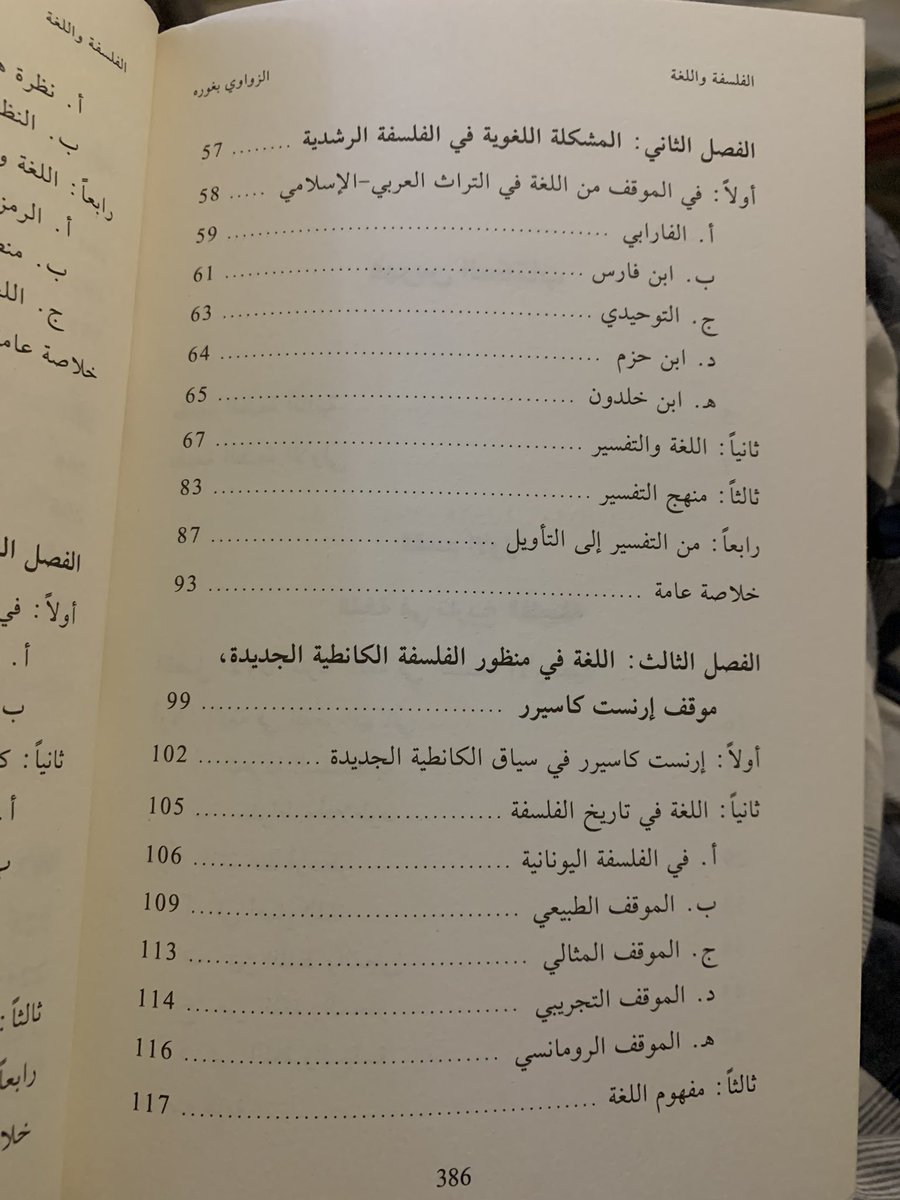

It then progresses to a critique beginning with Karl #Popper (1902-1994) and Paul #Ricoeur (1913-2005) from the perspective of #hermeneutics 4/ 







Followed by the linguistics of Noam #Chomsky (b. 1928) and the #poststructuralism of #Foucault and #Bourdieu (1930-2002) 5/ 






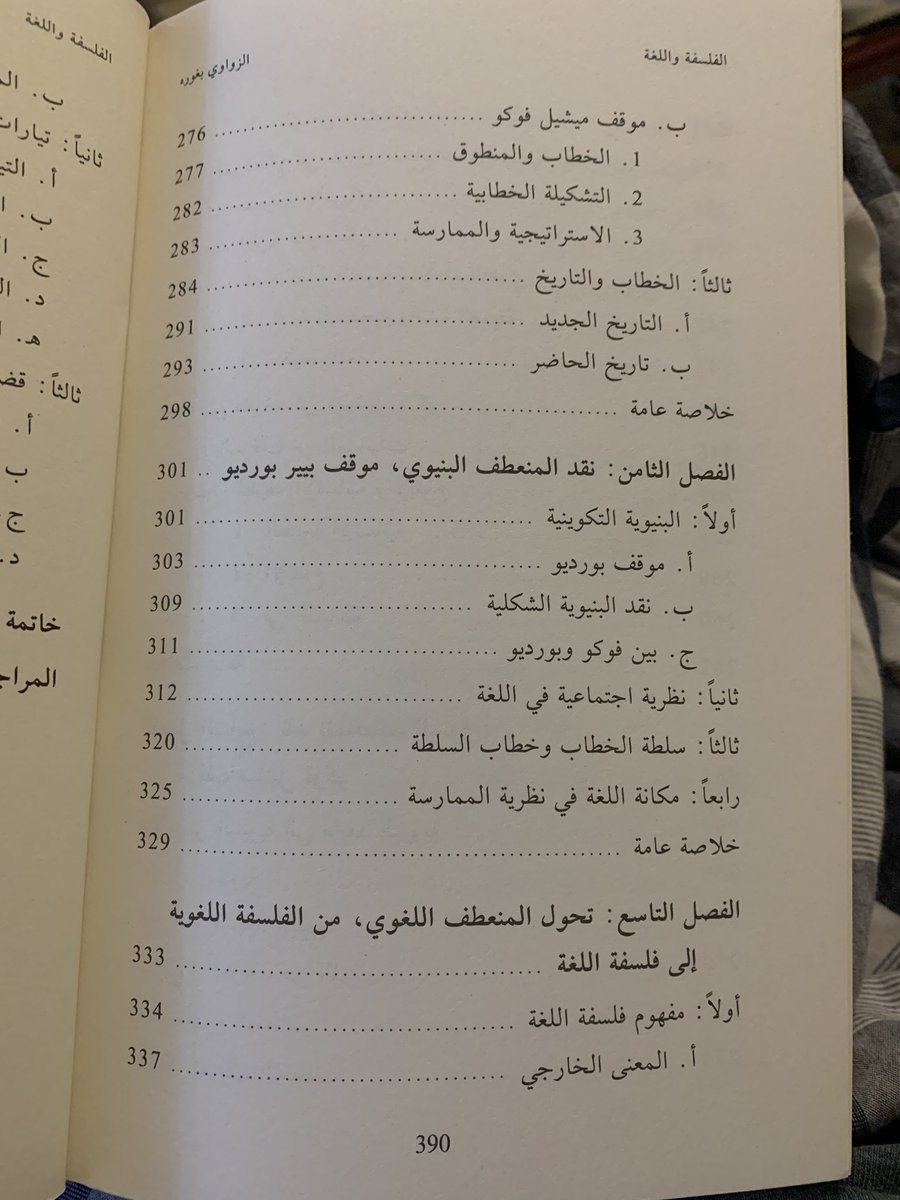
It culminates with an assessment of the current schools and trends in the #philosophy_of_language across #analytic and #continental ‘divide’ - as it is one can see how this would be a useful useful text for an #Arabic readership to get into the field 6/
This is a very useful summary of the major points made in the work on this blog shazaraaat.blogspot.com/2013/08/blog-p… 7/
Much of Beghoura’s work has been in social and political philosophy and as one would expect from a leading specialist of #Foucault on the political discourse of philosophy and governmentality itself 8/ 





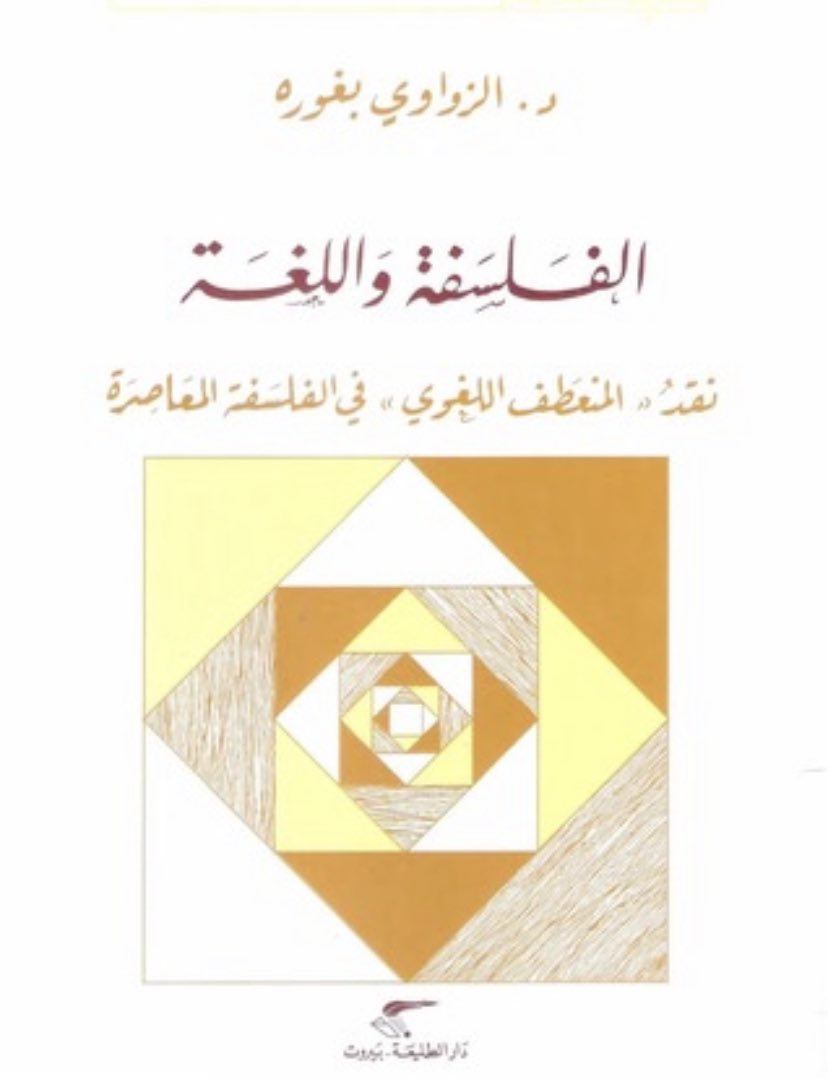

He has also written on the key dynamic in #contemporaryArabThought namely the question of #modernity and #enlightenment and its relation to #tradition (turath) 9/ 

In this lecture he discusses the key functions of #philosophy as a critical discourse - and especially in the #Gulf that is a widely admired function perhaps more so in #Kuwait - as well as the #continental emphasis on the big questions of #humanity alraimedia.com/Home/Details?i… 10/
Here is an interview with perhaps one of the most vital elements of #contemporaryArabThought @MominounWB mominoun.com/articles/الزواوي-بغوره-الفلسفة-وخطاب-العنف-في-الثقافة-العربية-3034 11/
Given the recent spats on #MuslimTwitter on #Foucault and #IslamicStudies it is a shame that we do not take into consideration how #Muslims ‘out there’ actually engage in and with #Foucault 12/
#theory and philosophy are not just affectations or postures within the #academy but living intellectual engagements for people as they make sense of their lives - used as they see fit, disgarded, creatively modified and even transformed in light of lived experience 13/
The list of authorities and engagements of Beghoura in this books demonstrates that from #Aristotle to #Foucault via #Averroes and #Kant - and his own public engagement shows - see this 14/
It’s time we took #contemporaryArabThought and #MuslimThought in its great variety and linguistic expressions (not just but also in European languages) more seriously 15/
• • •
Missing some Tweet in this thread? You can try to
force a refresh










